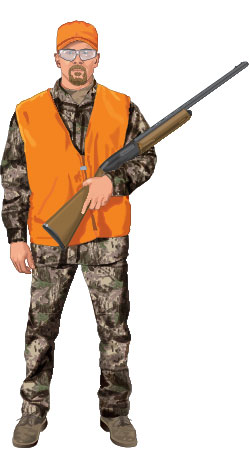I'm an English learner and I'm reading this article from the NYT: College is the Goal. The Problem? Getting There.
But I'm confused by one of its paragraphs:
A dove hurtles out of the cedar trees, but Nate Triggs, in camouflage vest and cowboy boots, cradles his Mossberg shotgun and lets it fly. The dove is borderline out of range, he said. He would have to be lucky.
At first glance, I thought "let it fly" means "Nate lets the dove fly away". And I thought the last sentence "he would have to be lucky" means "he would have shot down the dove and thus be lucky. But he didn't/couldn't."
But my teacher says, "let it fly" means "open fire"; and "he would have to be lucky" means "(since he opened fire) he can rely on his luck/he can take a chance".
I'm not convinced. I do find in dictionary that one of the meanings of "let fly" is "fire a weapon", but can I understand the phrase in its literal meaning? I mean, can its meaning be "let (the dove) fly (away)"? or does it have only one meaning here, "fire the gun" ? What's the etymology of the expression? Does it mean "let the bullets fly" in the first place?
Also I don't understand the meaning of the last sentence, "he would have to be lucky". I don't know the grammar of "would have to be". Can you explain it to me?

